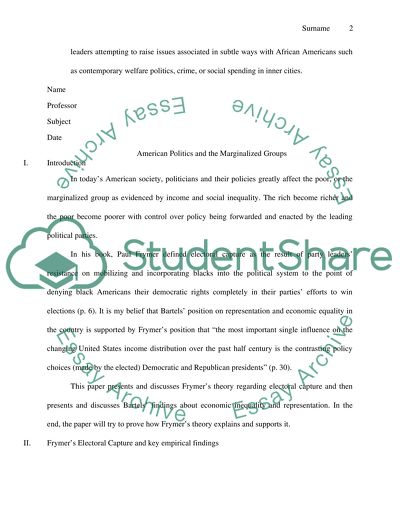Cite this document
(“Political science term paper Example | Topics and Well Written Essays - 1750 words”, n.d.)
Retrieved from https://studentshare.org/history/1468413-political-science-term-paper
Retrieved from https://studentshare.org/history/1468413-political-science-term-paper
(Political Science Term Paper Example | Topics and Well Written Essays - 1750 Words)
https://studentshare.org/history/1468413-political-science-term-paper.
https://studentshare.org/history/1468413-political-science-term-paper.
“Political Science Term Paper Example | Topics and Well Written Essays - 1750 Words”, n.d. https://studentshare.org/history/1468413-political-science-term-paper.


